
Non-GMO seeds are preferred for their natural and unaltered genetic makeup, ensuring the authenticity of the plant. Choosing non-GMO seeds promotes biodiversity and supports sustainable farming practices. These seeds provide a healthier option for growing produce, free from genetic modifications, and contribute to the preservation of traditional and resilient crop varieties.
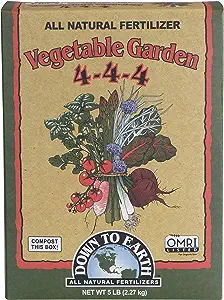
Using organic plant fertilizer is ideal for cultivating a healthy and sustainable garden. It promotes soil fertility without introducing harmful chemicals, ensuring a safe and natural environment for plants to thrive. Organic fertilizers enhance soil structure, encourage beneficial microbial activity, and contribute to the overall well-being of plants, fostering a more eco-friendly and nutrient-rich gardening approach
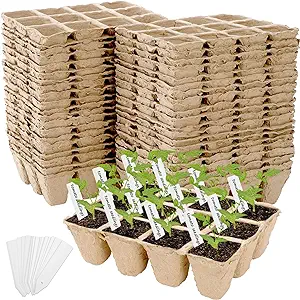
Opting for biodegradable organic seed trays is the eco-conscious choice for sustainable gardening. These trays break down naturally, reducing environmental impact and minimizing waste. Using biodegradable seed trays promotes healthy plant growth while ensuring a greener approach to gardening, aligning with a commitment to both plant cultivation and environmental stewardship.
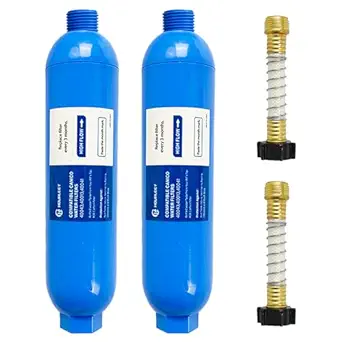
Filtering the water for your vegetable plants is crucial for their well-being. It removes impurities and contaminants, ensuring a clean water supply that promotes plant health. By providing filtered water, you safeguard your vegetables from potential harm, supporting their growth and contributing to the production of safe and nutritious crops.
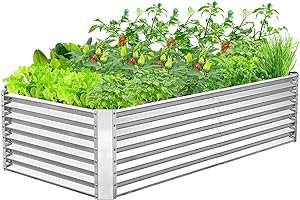
Galvanized planters are ideal for gardening due to their durability and resistance to corrosion. These sturdy metal containers withstand weather elements, ensuring a longer lifespan for your plants. The sleek design and protective coating make galvanized planters a stylish and practical choice, offering both aesthetic appeal and reliable functionality for your garden.
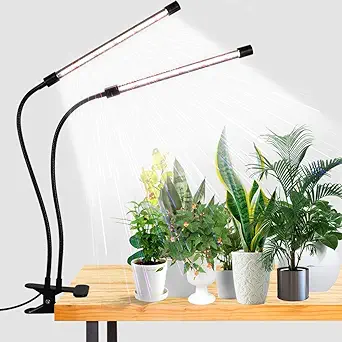
Using a grow light for vegetables is essential for indoor gardening, providing a consistent and controlled light source. Grow lights mimic the sun’s spectrum, promoting optimal photosynthesis and healthy plant growth. This ensures that vegetables receive adequate light even in spaces with limited sunlight, contributing to robust and thriving crops throughout the growing season.
This is a paid advertisement. The views and opinions expressed herein are solely those of the advertiser and do not necessarily reflect the views or opinions of the platform on which this advertisement is displayed. Any product claim, statistic, quote, or other representation about a product or service should be verified with the manufacturer, provider, or party in question.
